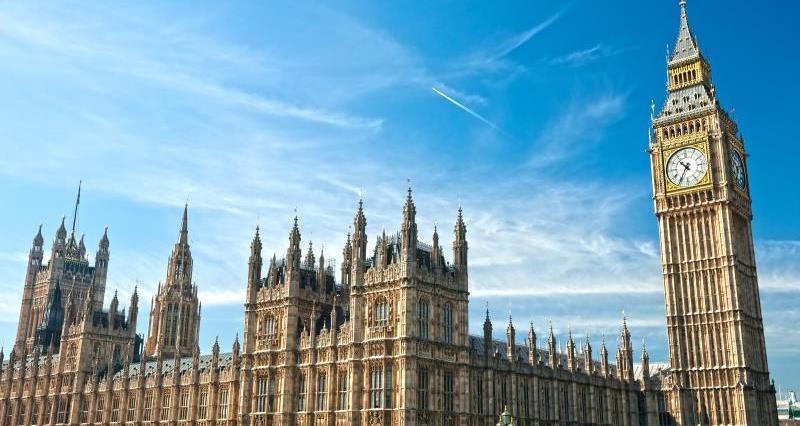Hare coursing is a complex rural crime with obvious animal welfare concerns, which has become a problem for NFU members across the country.
On top of the damage to farmland and in-field crops, farming families are often threatened and intimated. All too often crimes go unreported for fear for reprisals. Although hare coursing has been banned for more than a decade, last year police forces across eastern and central England faced an increase in cases.
Home Office minister Brandon Lewis was in the House of Commons to hear the debate, which was organised by Salisbury MP John Glen. The NFU has worked closely with Mr Glen after several members in his constituency contacted him to describe the damage hare coursing was causing.
Mr Glen left the minister in no doubt as to the severity of the issue.
“For rural communities and farmers in particular, hare coursing isn’t simply a nuisance, it is a serious blight on their livelihoods and well-being,” he said.
Many argue that there are not sufficient deterrents. Under the Hunting Act (2004), magistrates can fine anyone convicted of hare coursing up to £5,000. However the House of Commons Library showed that the average fine was just £256.43.
Dorset MP Simon Hoare said: “If someone is prepared to wager £10,000 on one greyhound getting a hare, a fine of £256 is but a drop in the ocean.”
Essex MP Sir Alan Haselhurst told parliament that hare coursing has reached “epidemic proportions”.
Concluding the debate, Mr Lewis agreed hare coursing was a rising problem for rural communities and that it was wholly unacceptable that farmers had to face such a challenge to their livelihoods. He said that he would liaise with the Justice Department to establish whether magistrates could impose more stringent fines.
